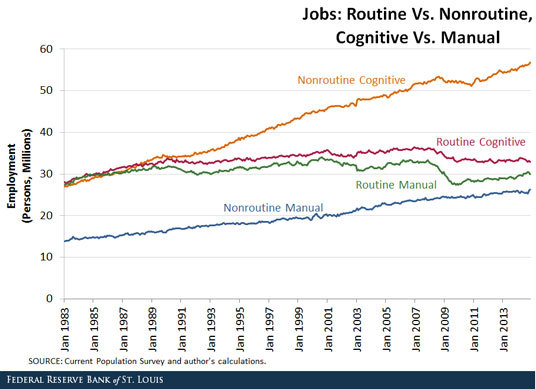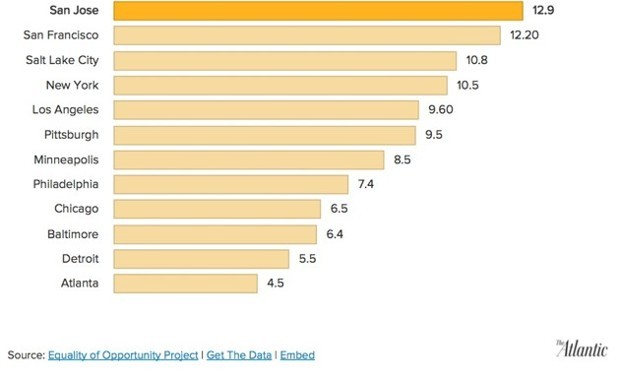Congress, stop blocking progress. Austerity is bad. We cannot cut our way to prosperity.
Adam Rifkin stashed this in Economics!
Stashed in: Awesome, @hblodget, economics
Henry Blodget sticks a fork in the austerity movement:
Over the course of this debate, evidence has gradually piled up that, however well-intentioned they might be, the "Austerians" were wrong. Japan, for example, has continued to increase its debt-to-GDP ratio well beyond the supposed collapse threshold, and its interest rates have remained stubbornly low. More notably, in Europe, countries that embraced (or were forced to adopt) austerity, like the U.K. and Greece, have endured multiple recessions (and, in the case of Greece, a depression). Moreover, because smaller economies produced less tax revenue, the countries' deficits also remained strikingly high.
So the empirical evidence increasingly favored the Nobel-prize winning Paul Krugman and the other economists and politicians arguing that governments could continue to spend aggressively until economic health was restored.
And then, last week, a startling discovery obliterated one of the key premises upon which the whole austerity movement was based.
An academic paper that found that a ratio of 90%-debt-to-GDP was a threshold above which countries experienced slow or no economic growth was found to contain an arithmetic calculation error.
Once the error was corrected, the "90% debt-to-GDP threshold" instantly disappeared. Higher government debt levels still correlated with slower economic growth, but the relationship was not nearly as pronounced. And there was no dangerous point-of-no-return that countries had to avoid exceeding at all costs.
The discovery of this simple math error eliminated one of the key "facts" upon which the austerity movement was based.
It also, in my opinion, settled the "stimulus vs. austerity" argument once and for all.
The argument is over. Paul Krugman has won. The only question now is whether the folks who have been arguing that we have no choice but to cut government spending while the economy is still weak will be big enough to admit that.
The discovery of the calculation error, after all, came only a few months after the United States voluntarily cut spending through a government "sequester." This sequester is hurting the U.S. economy, and it is also depriving American citizens of some basic services — like a fully staffed air-traffic control system — that most first-world countries regard as a given. And with America's government deficit already shrinking (thanks to the rollback of some tax cuts and a modest increase in taxes), it is now even clearer that the sequester did not have to be adopted.
Yes, at some point, the American government needs to come together and figure out a smart long-term plan for containing health care and military costs, which are the real budget-busters. We are not facing an immediate crisis, however, and this long-term plan does not need to be adopted tomorrow.
And in the meantime, for the sake of the country, it would be nice if our government came together and agreed to restore full funding for basic services.
Because the current state of government dysfunction in the United States is not just economically harmful. It is also embarrassing, depressing, and based on a premise that is now demonstrably false.
Can we please stop this sequester nonsense now, Congress?
Because if anyone knows about how to run up a bubble, it's Henry Blodget:
Heh. Good point, but that doesn't make him wrong in this case.
Wow, that puts it in perspective.
There are no real cuts... they simply agreed on a mutual poison pill for a handful of highly visible cuts, and for a blooger like Blodget to say otherwise is disingenuous.... (and no I did not misspell "Blooger" lol )
Blodget wants more than just restoring those cuts. Blodget wants more stimulus. Just like Paul Krugman.












9:22 AM Apr 26 2013